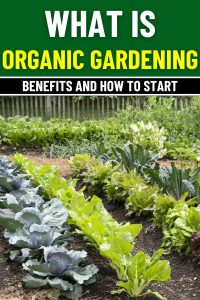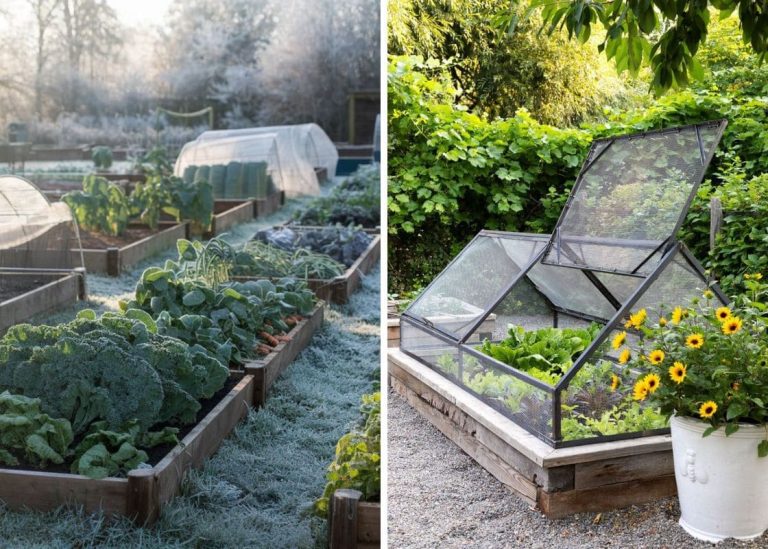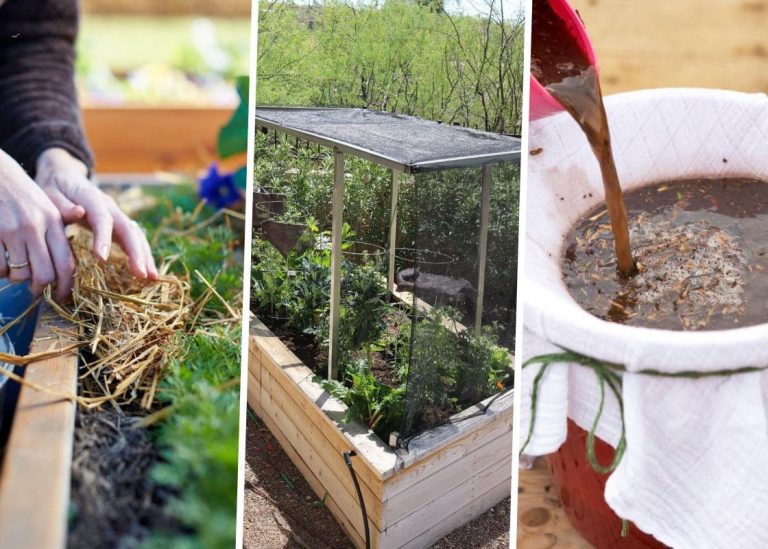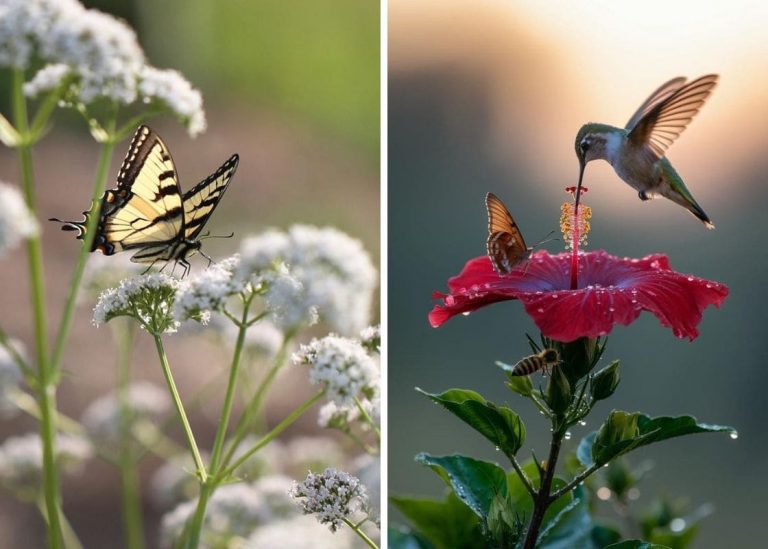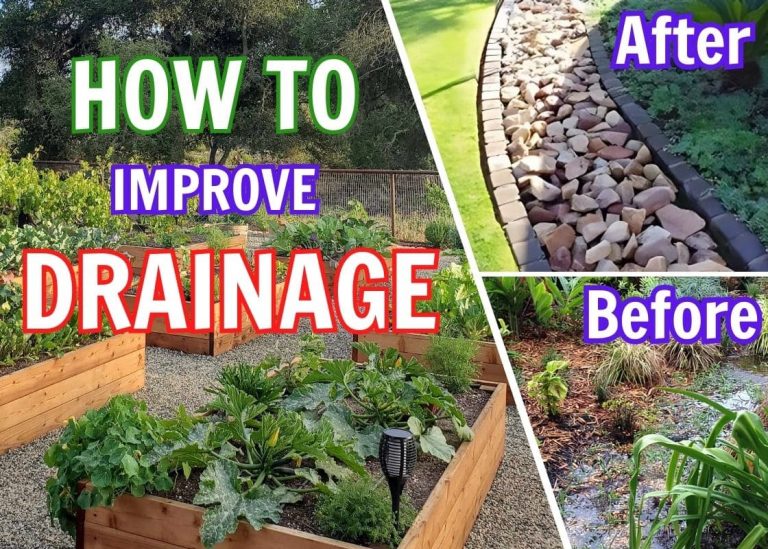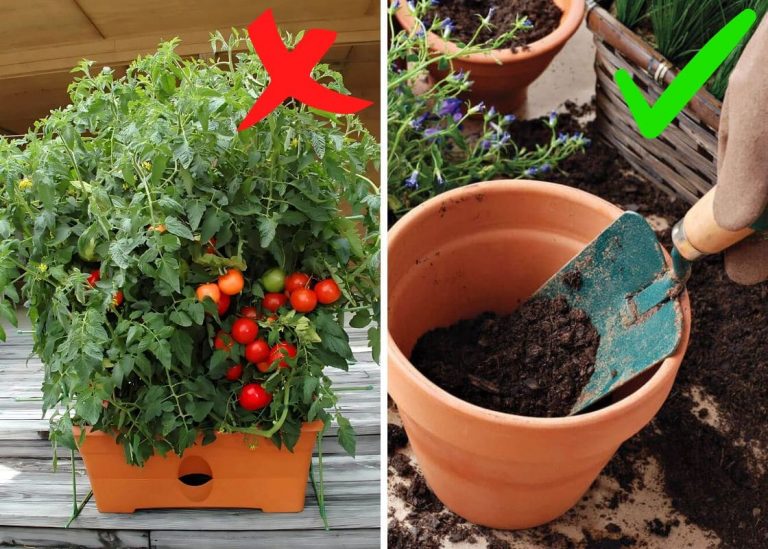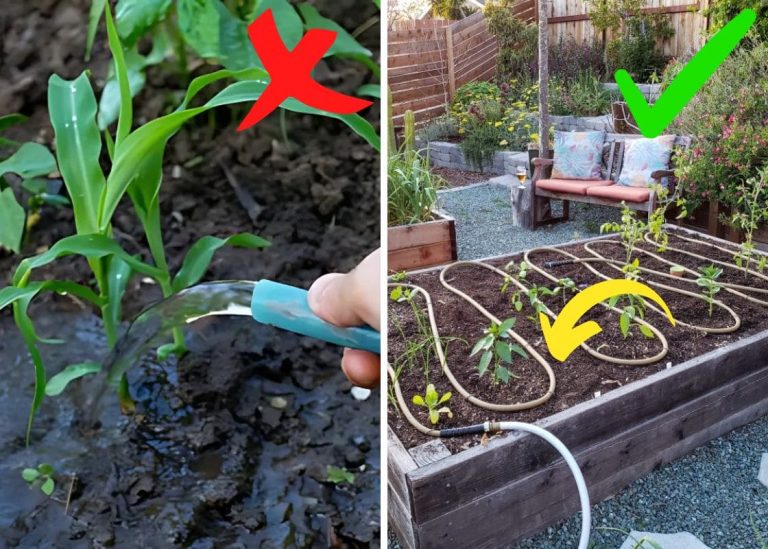What is Organic Gardening? Benefits and How to Start
I still remember the first time I dug my hands into the soil and planted my own vegetable garden. Back then, I didn’t give much thought to the difference between organic and conventional gardening, I just wanted to grow my own food.
But as I learned more about the way plants, soil, and nature interact, I realized that gardening isn’t just about growing plants; it’s about creating a healthy, balanced ecosystem. That’s what organic gardening is all about.
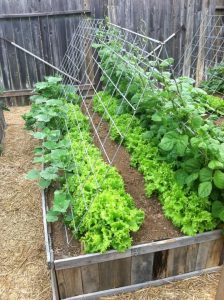
At its core, organic gardening is the practice of growing plants without synthetic fertilizers, pesticides, or genetically modified organisms (GMOs).
Instead of relying on chemical solutions, you work with nature, building rich soil, attracting beneficial insects, and using natural methods to keep pests and diseases in check. It’s a slower, more mindful approach to gardening, but the rewards are worth it.
Every time I harvest a juicy tomato, crisp lettuce, or fragrant basil from my organic garden, I know I’m feeding my family something truly wholesome.
The Benefits of Organic Gardening
1. For Soil
Instead of looking dry and depleted after a season of heavy feeding, it became richer and more alive. I started seeing more worms, healthier roots, and plants that seemed to thrive without constant intervention.
That’s because organic gardening focuses on building soil health, which in turn creates stronger, more resilient plants.
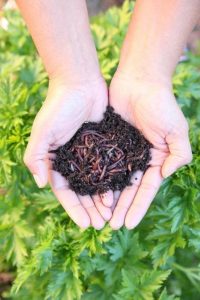
2. Protecting Pollinators And Beneficial Insects
I used to think that all bugs were bad for my garden, but once I stopped using synthetic pesticides, I noticed more ladybugs, bees, and butterflies visiting my plants. These natural allies help keep pests in check, reducing the need for intervention.
Instead of battling aphids with sprays, I started planting flowers like marigolds and alyssum to attract predators that take care of the problem for me.
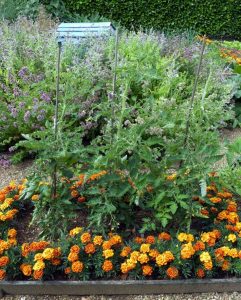
3. Health And Safety
When I grow organically, I know exactly what’s going into my food, no chemical residues, no artificial additives. It gives me peace of mind knowing that the vegetables I pick straight from my garden are truly fresh and natural.
Plus, I’ve found that organically grown produce just tastes better. The flavors are more intense, and there’s a noticeable difference in the sweetness of homegrown carrots or the depth of flavor in a sun-ripened tomato.
How to Start an Organic Garden
Starting an organic garden doesn’t have to be complicated. I always tell new gardeners that the key is to start small and focus on the fundamentals – healthy soil, natural pest control, and choosing the right plants.
Step 1: Start With Your Soil
Instead of using synthetic fertilizers, I build fertility naturally by adding compost, aged manure, and organic matter like shredded leaves or grass clippings.
Over time, these materials break down and create a rich, nutrient-dense soil that feeds plants gradually.
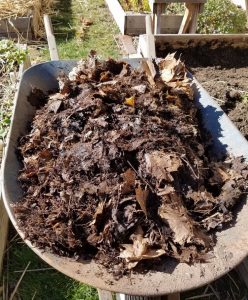
Step 2: Choosing The Right Plants
Some crops are naturally more resistant to pests and diseases, making them easier to grow organically.
When I first started, I had the best luck with tomatoes, zucchini, basil, and leafy greens like lettuce and kale. These plants didn’t require much intervention, and they thrived with just compost and proper watering.
I also learned that companion planting can make a big difference. Basil next to tomatoes improves their flavor and helps repel insects, while marigolds deter nematodes in the soil.
Step 3: Using Natural Solutions
One of the best things I ever did for my garden was planting flowers to attract beneficial insects. Ladybugs and lacewings take care of aphids, while bees and butterflies keep pollination levels high.
For stubborn pests like caterpillars, I handpick them in the early morning or use organic sprays like neem oil, which targets harmful insects while being safe for beneficial ones.
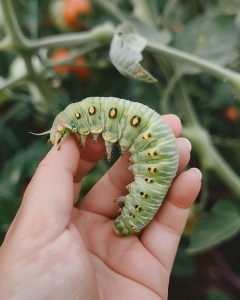
Step 4: Using Mulch
A thick layer of straw, wood chips, or grass clippings helps keep weeds down while also retaining moisture in the soil. Instead of fighting weeds with herbicides, I prevent them from growing in the first place.
The Joy of Organic Gardening
One of the things I love most about organic gardening is how much it connects me to nature. Instead of forcing my garden to grow in a certain way, I’ve learned to work with the natural rhythms of the seasons.
There’s something deeply satisfying about knowing that I’m not just growing food, but creating a thriving ecosystem. When I see birds visiting my garden, bees buzzing around my flowers, and healthy vegetables growing without chemicals, I know I’m doing something right.
